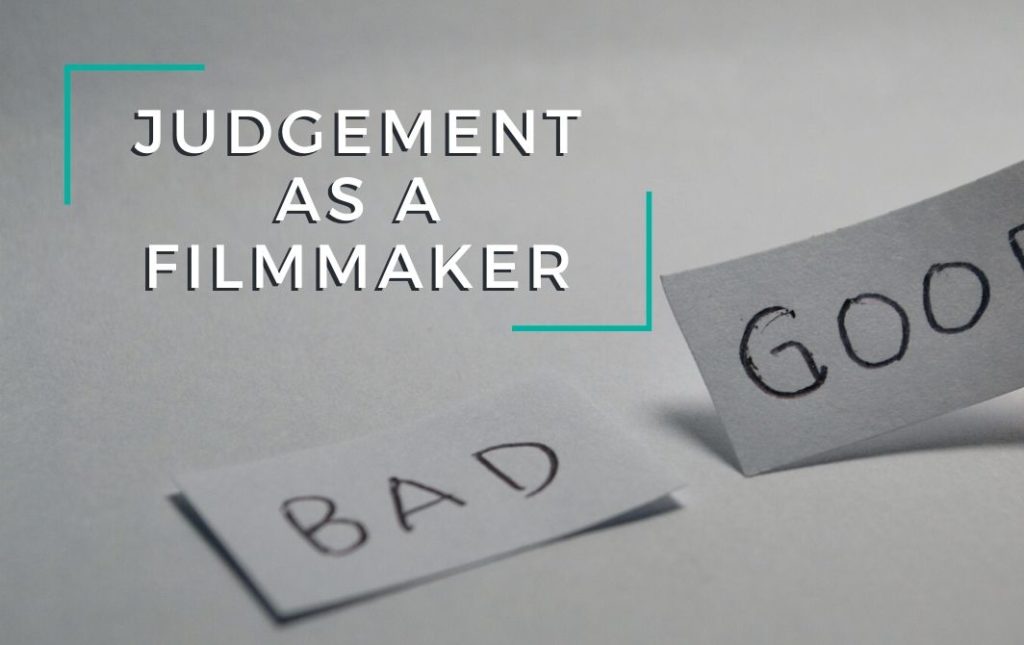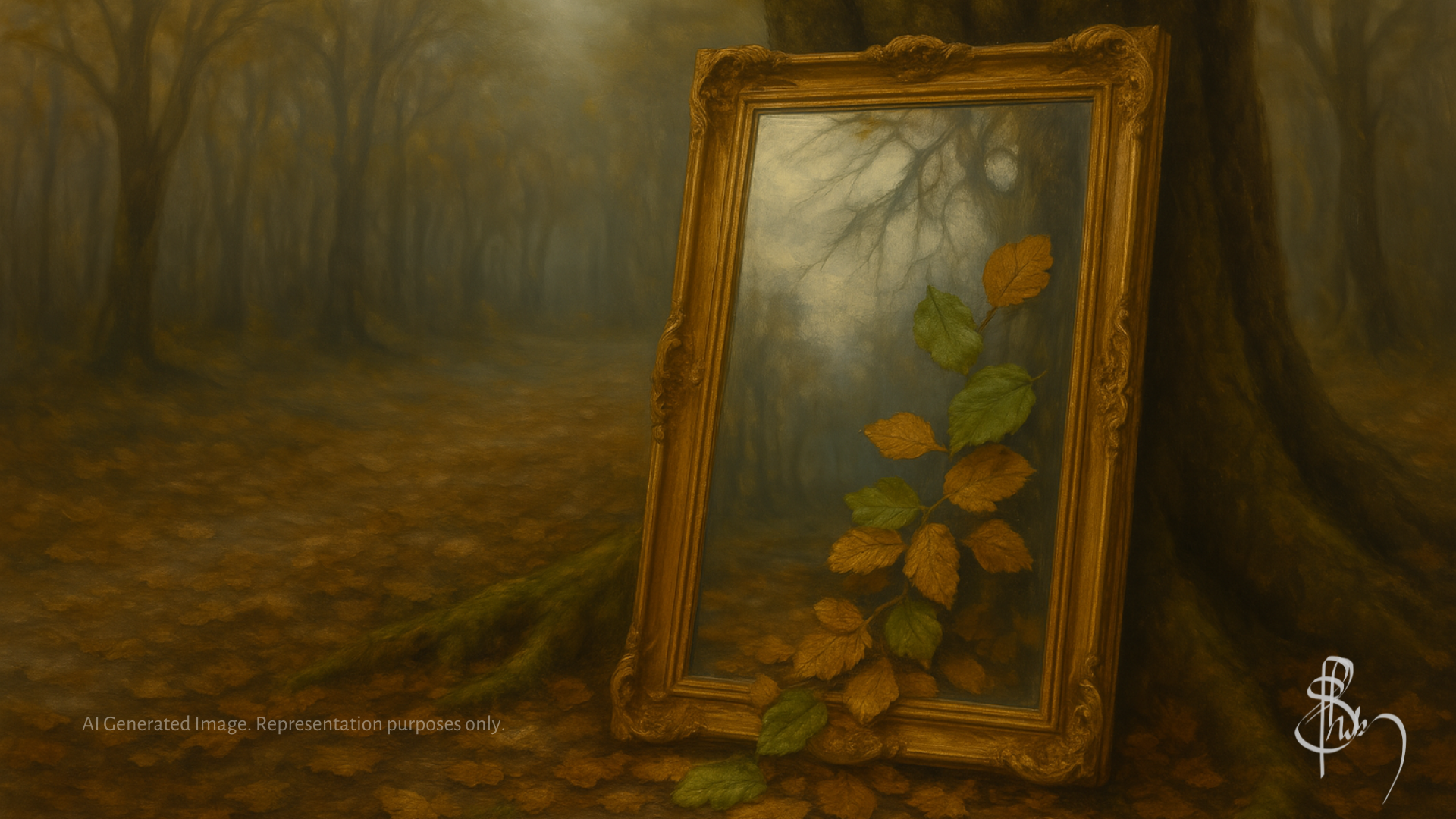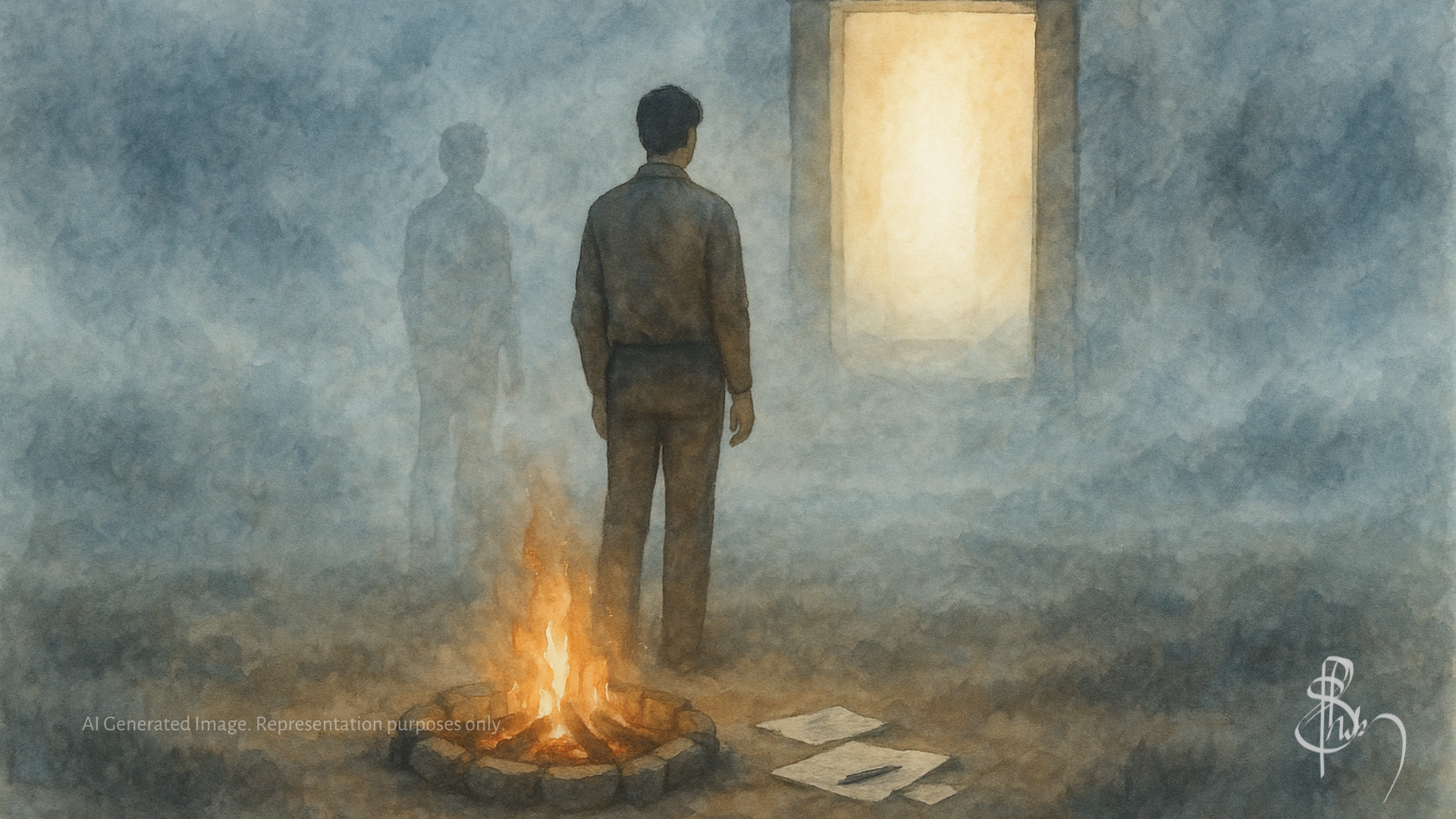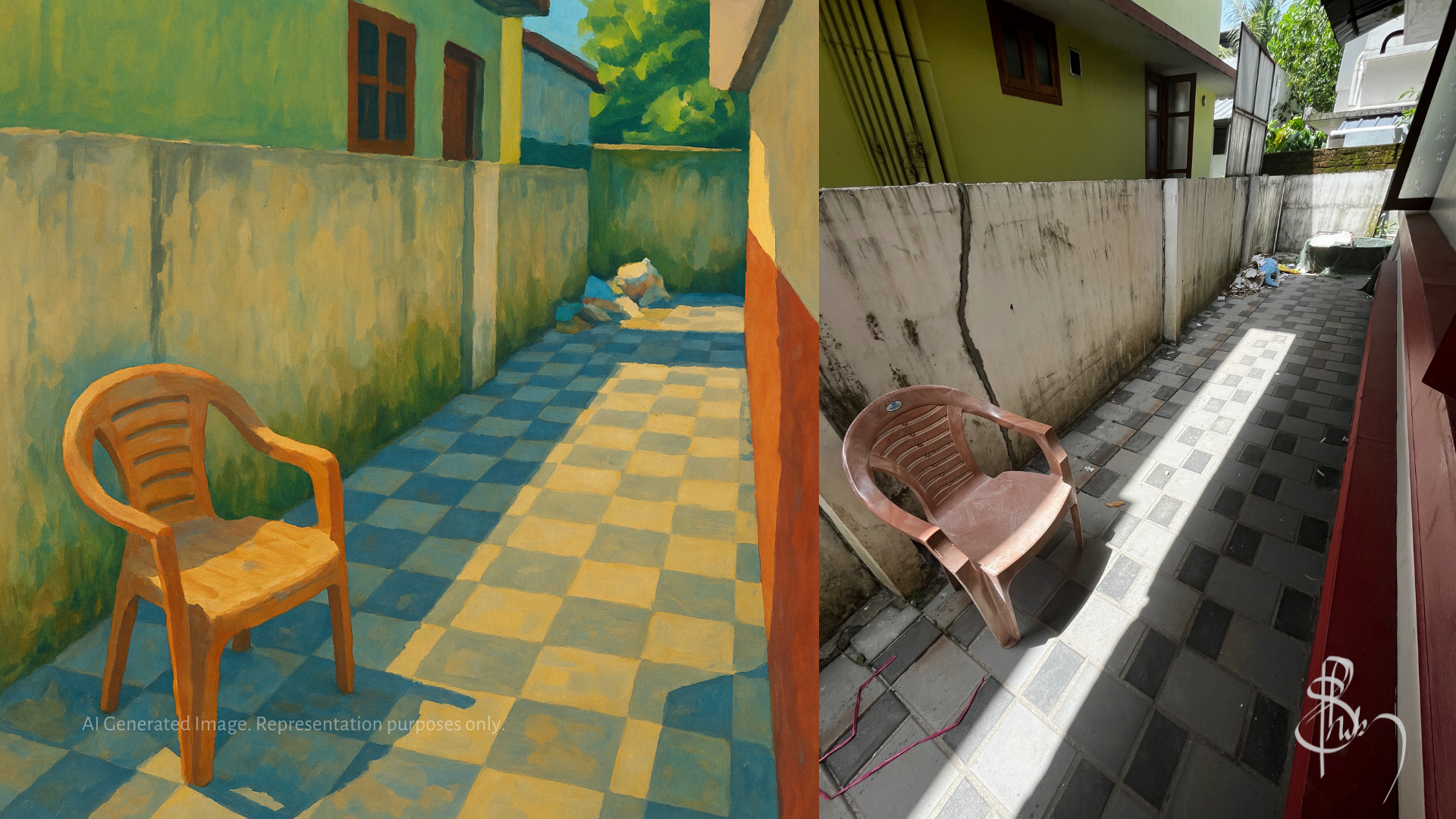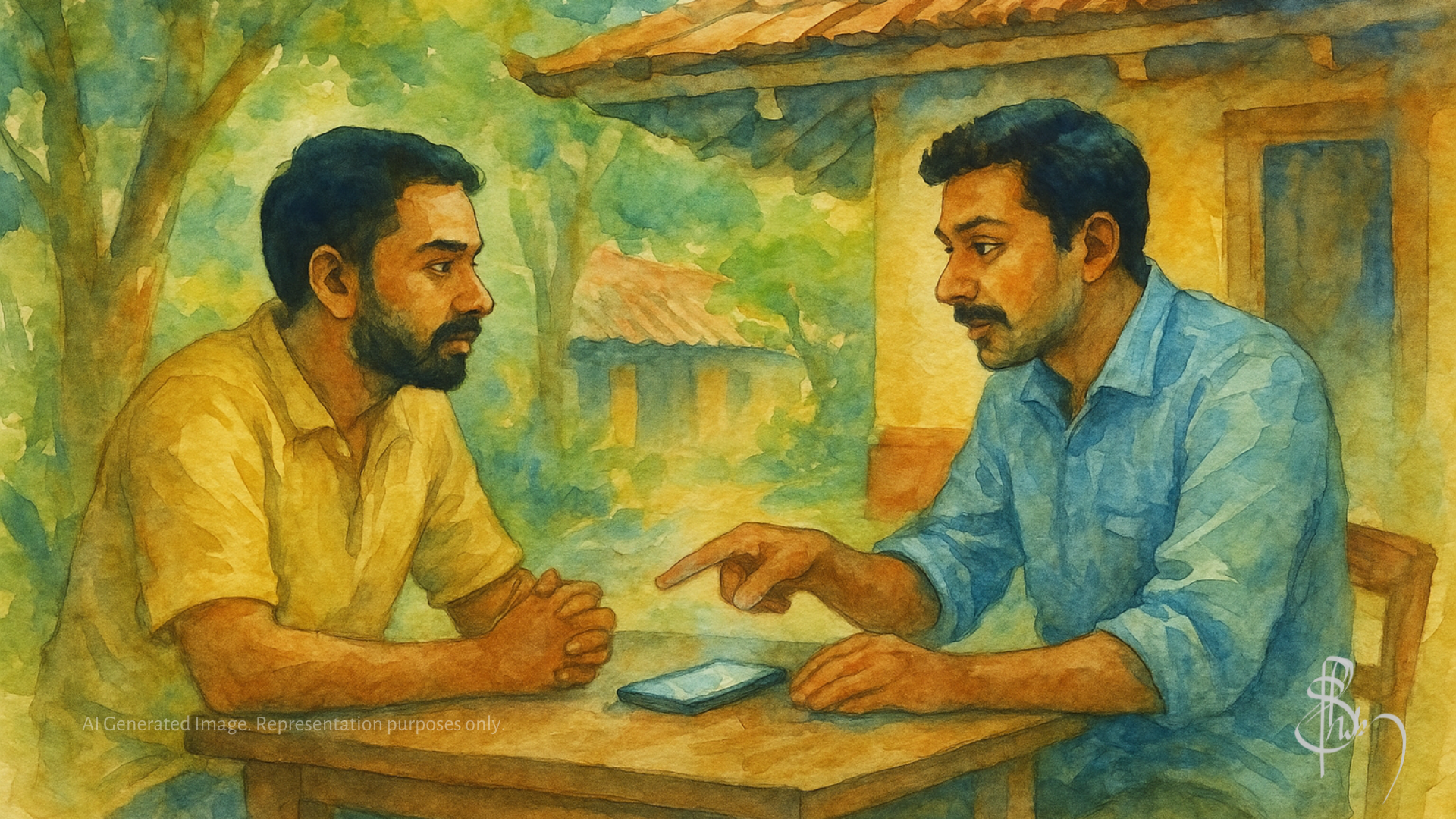With the principles we discussed here you can now turn any story into a film, without waiting for big stars or lots of money. When that is the case, our judgement as a filmmaker becomes a lot more important.
Why Judgement Matters
When it is all said and done, and your film is ready, what if no one likes it? What if no one resonates with your creation? It satisfies only your need for wanting to create something and adds no value or meaning to someone else; which in itself can be a great achievement. But not if you want to make a living as a filmmaker. We buy things to satisfy our needs.
When anyone can turn any story into a film, how do we decide which story is worth telling? Not only does making a film need a lot more time and resources than writing a story, there is a lot more at stake. And hence as filmmakers we need to cultivate the skill of critically judging our own story.
“Judgment is knowing the long-term consequences of your actions.”—Naval Ravikant
How to Cultivate Judgement as a Filmmaker
Rewatch films you like and figure out what you liked about it. But more importantly, rewatch films you don’t like and figure out why you didn’t like it. It is from those films that I detest that I have learnt the most from.
Put it into words exactly why you didn’t like. Think on questions such as, was it the story that was not engaging, or was it how it was miscast? Perhaps it was the colors/grading used or how it was edited together. Or maybe it was that the camera was too shaky and nauseating.
Also think on how you imagine doing it differently. How would you have rewritten the story to make it engaging, and who do you think would be a right cast for it? What exactly in the color scheme or editing would you have changed, and how much camera shake do you feel is creatively appropriate.
“Successful people ask better questions, and as a result, they get better answers.”—Tony Robbins
Judgement Rooted in The Now
Watch films that people down right tell you not to watch. Again figure out what people did not like about it according to your sensibilities and what you believe could have been done differently.
In doing so, you are not only developing your judgement, but also developing it rooted in the now, for your audience. The definition of what is good and bad keeps evolving with time and people. It is easier to spot these things in someone else’s film than in a film that we painstakingly created.
Over Time
Previously you might not have been able to point out why you do not like something or why you liked it. But in attempting to answer these questions, over time you start building your own vocabulary of what is good and bad and why it is so. You slowly start to realise what your personal taste is and this might later help you develop your own signature.
Decisions taken on set are mainly taken on the foot. We rarely get the time to analyse how it would later turn out. Which is one advantage that experienced filmmakers have over beginners. But by doing your own analysis, along with the films you make, you get a faster shortcut there.
It is in those high pressure situations on set that all the years of effort you put into cultivating your judgement as a filmmaker comes to shine. You will know what you like and don’t, what worked before and didn’t. You will also know if your decision will work with your audience or not. To someone but you, it would look like you were born to do this.
Additional Resources
- Naval Ravikant on How to Get Rich: Getting rich might not be why one starts on the journey of filmmaking. But in making any art what we are essentially creating is wealth, something of value to another person. Go to https://nav.al/rich to listen to the three and a half hour long podcast, or to read the transcript.

